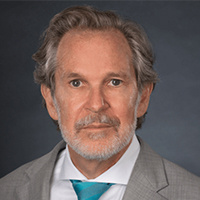Chesapeake DUI-DWI Lawyer, Virginia
Sponsored Law Firm
-
 x
x

Click For More Info:
-
Tillotson & Martin, LLP
DWI/DUI Defense throughout the Entire Commonwealth of Virginia » view mapCriminal Defense Virginia’s Premier DWI/DUI Defense Firm
Michael C. Tillotson is the one to choose when it comes to DWI/DUI defense in Virginia.
800-878-1431
Brian Dunnigan
✓ VERIFIEDBrian Dunnigan advises on all aspects of Traffic Law and Criminal Law across multiple Hampton Roads, Virginia jurisdictions, including the cities of C... (more)
Paul Everette Thomas
✓ VERIFIEDPaul Thomas is an experienced lawyer proudly serving Virginia Beach, Virginia and the neighboring communities. He practices law in the following area... (more)
Daniel Jason Miller
✓ VERIFIEDDan Miller grew up in the Chesapeake area of Virginia. He attended Norfolk Collegiate School, graduating in 1985. In 1987, he earned his Associate's d... (more)
FREE CONSULTATION
CONTACTFREE CONSULTATION
CONTACTFREE CONSULTATION
CONTACT Michael Tillotson Newport News, VA
Michael Tillotson Newport News, VA AboutTillotson & Martin, LLP
AboutTillotson & Martin, LLP Practice AreasExpertise
Practice AreasExpertise




